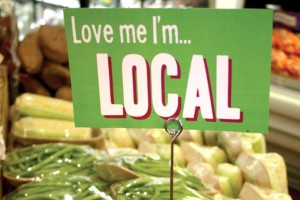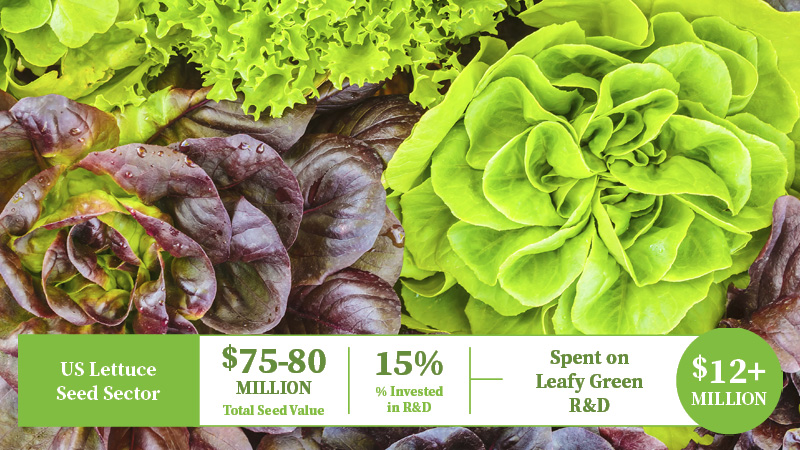Consumers Rebel Against Non-Local Farms Posing As Local
 Consumers have become jaded about their food sources. It’s an understandable response to years of screaming headlines about the dangers of different foods, only to have the same on air personalities say that those foods are actually healthy. And the food that we told you was safe to eat? It’s gonna kill you.
Consumers have become jaded about their food sources. It’s an understandable response to years of screaming headlines about the dangers of different foods, only to have the same on air personalities say that those foods are actually healthy. And the food that we told you was safe to eat? It’s gonna kill you.
The reasons behind all the contradictory reports are complex. There’s a lot of over simplifying, then over emphasizing, small scientific studies. And when an unbalanced fad diets catches fire, it gets too much support in the media before everyone comes to their senses.
Add to that the seemingly regular listeria and e coli outbreaks, and you have a public that is deeply distrustful of its food supply.
So it’s no wonder that the local food movement has been so profound. People can talk to the people who grew their food at farmers’ markets and relax when they see a bunch of familiar small towns on the list of local farms printed on the source page in a restaurant’s menu.
That sense of security means so much to them, they’re willing to pay more for a meal or for a basket of heirloom tomatoes.
As a result, when farmers’ markets or restaurants break that trust, it makes headlines. And it motivates them to aggressively question those they previously trusted.
A good example of what can happen is a two-part story out of Tampa Bay. A local food critic, Laura Reiley, began looking into several restaurants that claimed to be locally sourced, and quickly realized that many of the restaurants she had previously given high marks were out and out lying. She gives account after account of chefs and owners citing farms as their suppliers, then her checking with those farms and their distributors, and having to call them on the falsehood.
The second article is an investigation into farmers’ markets. Likewise, she learns that almost no local farmers are among the vendors. Many are pretending to grow the produce, again insisting they are multiple times, when Reiley has already followed them to the wholesale market or visited their “farm,” only to find its non existent or defunct.
Reiley spent two months working on the story. She recounts sending food to labs to identify “grouper” she order at a sushi restaurant (it was talapia), and driving for hours trying to track down vague claims of having a farm in a community. All because she and her readers want locally sourced food. That’s a profound statement about the importance of local farms in modern society.
It also highlights the supply and demand problem. Farms supply vegetables and fruit only when it’s in season. But consumers want local produce on demand. That likely lead to some of the true farmers who were supplementing their own produce with wholesale to be willing to lie to customers and a reporter.
Reiley is not alone. There are many people who want to track food sources. There are websites like FoodWaze.com that confirm which businesses are sustainable food businesses.
Another article in Modern Farmer equates selling non-local food at a farmers’ market to dangerous fraud. The bulk of the story was on truly criminal behavior, often with lives at stake — like the melanine-laced pet food scandal — but the opening and closing paragraphs were about two buffoon brothers who sell “local” pineapples, oranges, and bananas in east central Indiana
my take away from the Modern Farmer article on counterfeit food:
The writers equate those selling non-local produce at a farmers market to dangerous fraud, like the melanine laced pet food, and a plethora of dangerous ingredients. (or southwest Ohio).
Just spend a couple hours on Google, and you’ll find similar articles from the Baltimore Sun, The Telegraph (UK), and Grist.org, NPR, and Rodale.
Spend some time looking these stories over, and when there is a comment section, sift through what you find. A common theme in the comments are “get to know your local farmers.”
There’s a revolution going on in the U.S. food supply, and local farms are right in the middle of it. You are in a powerful position to present yourself as a trusted local supplier. But whatever you do, don’t fudge about what you think consumers won’t like. People want to believe in you, and their wrath if they think you’ve betrayed them can end a multi-generation farm business.









